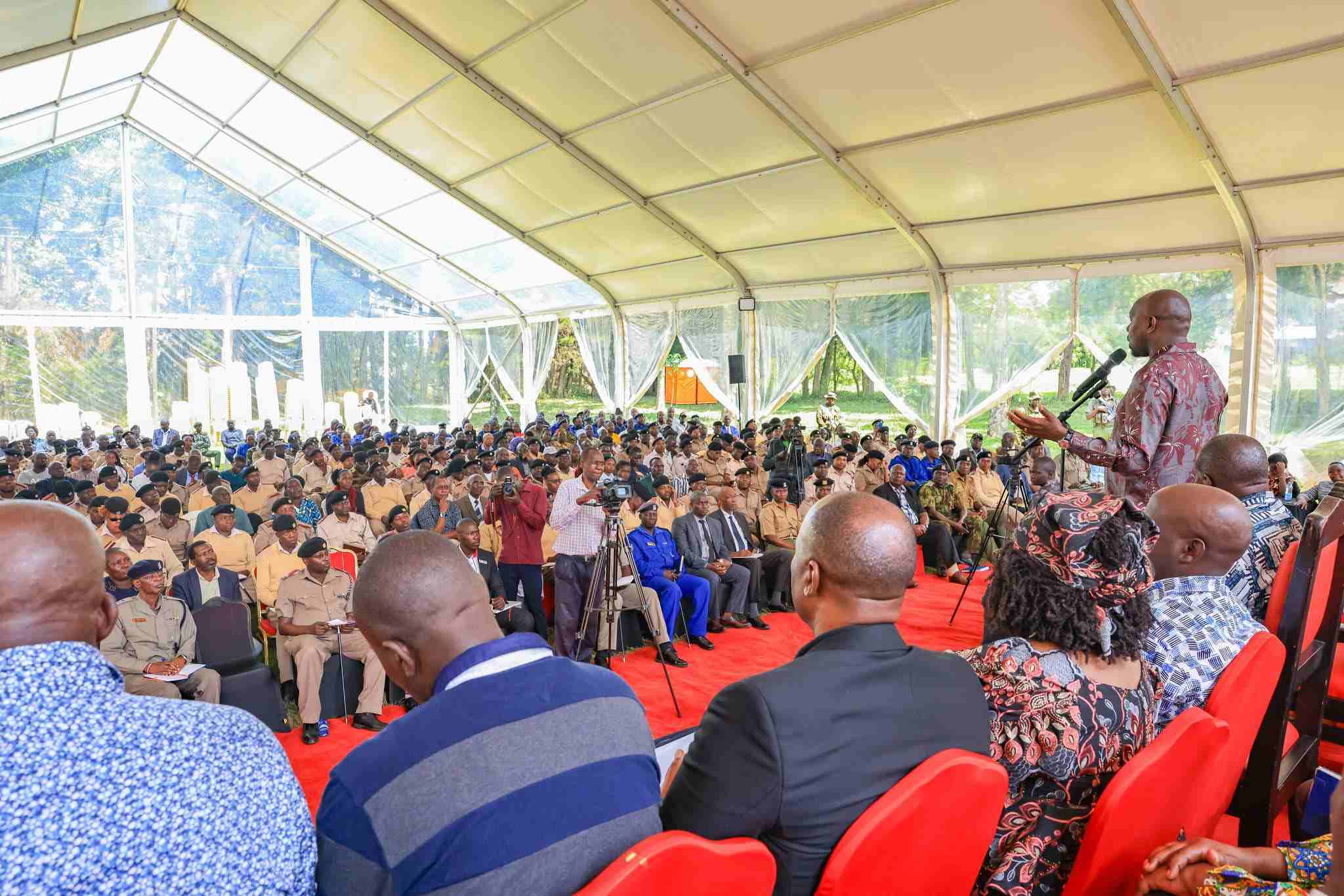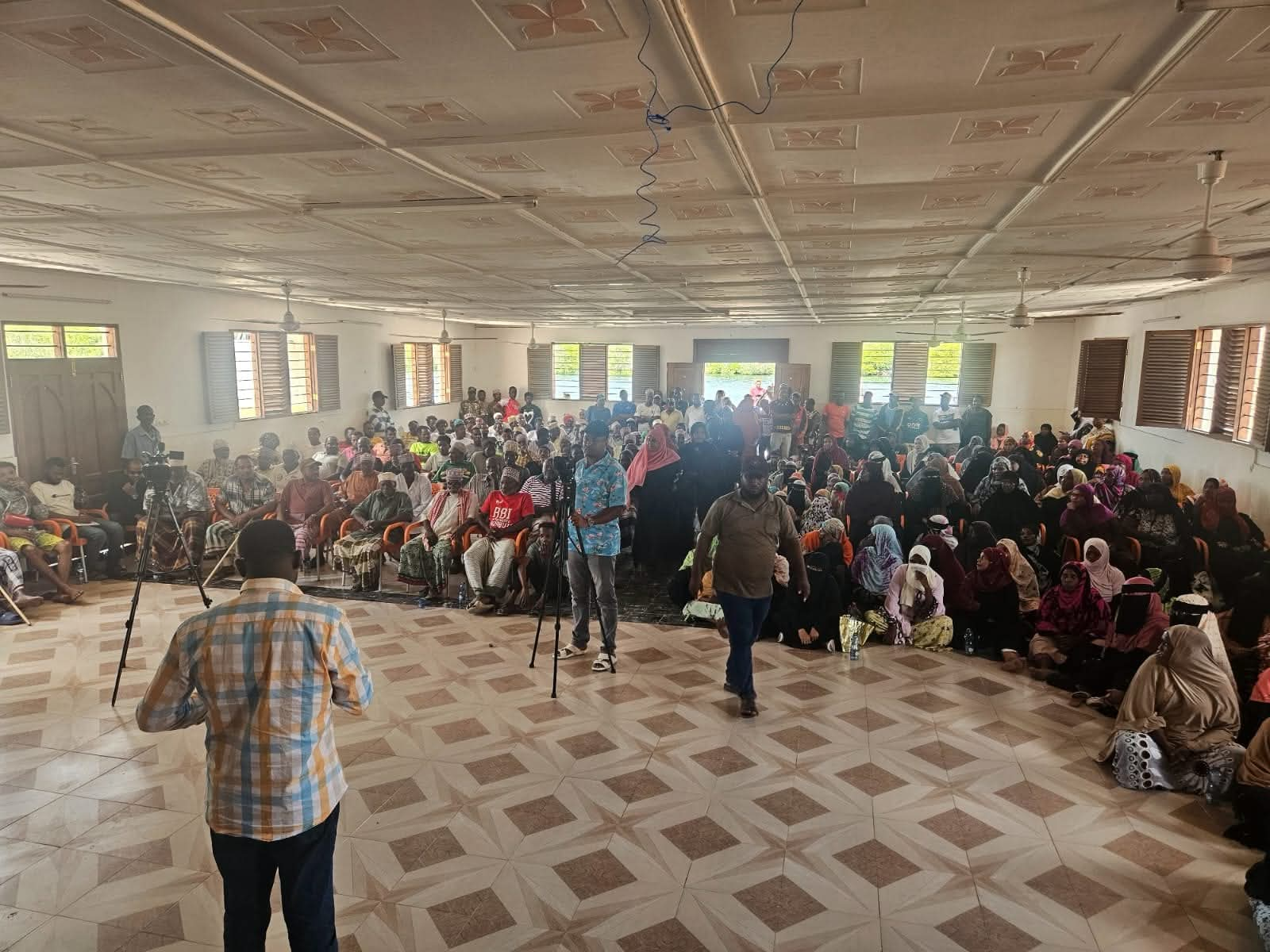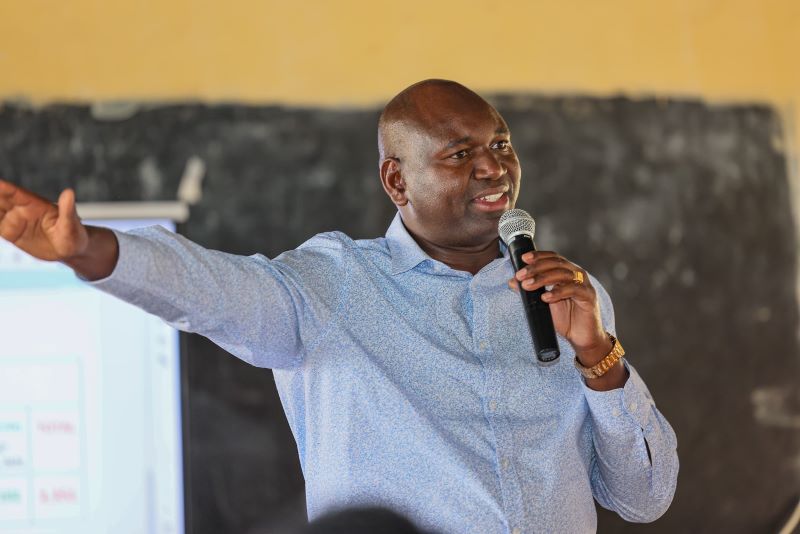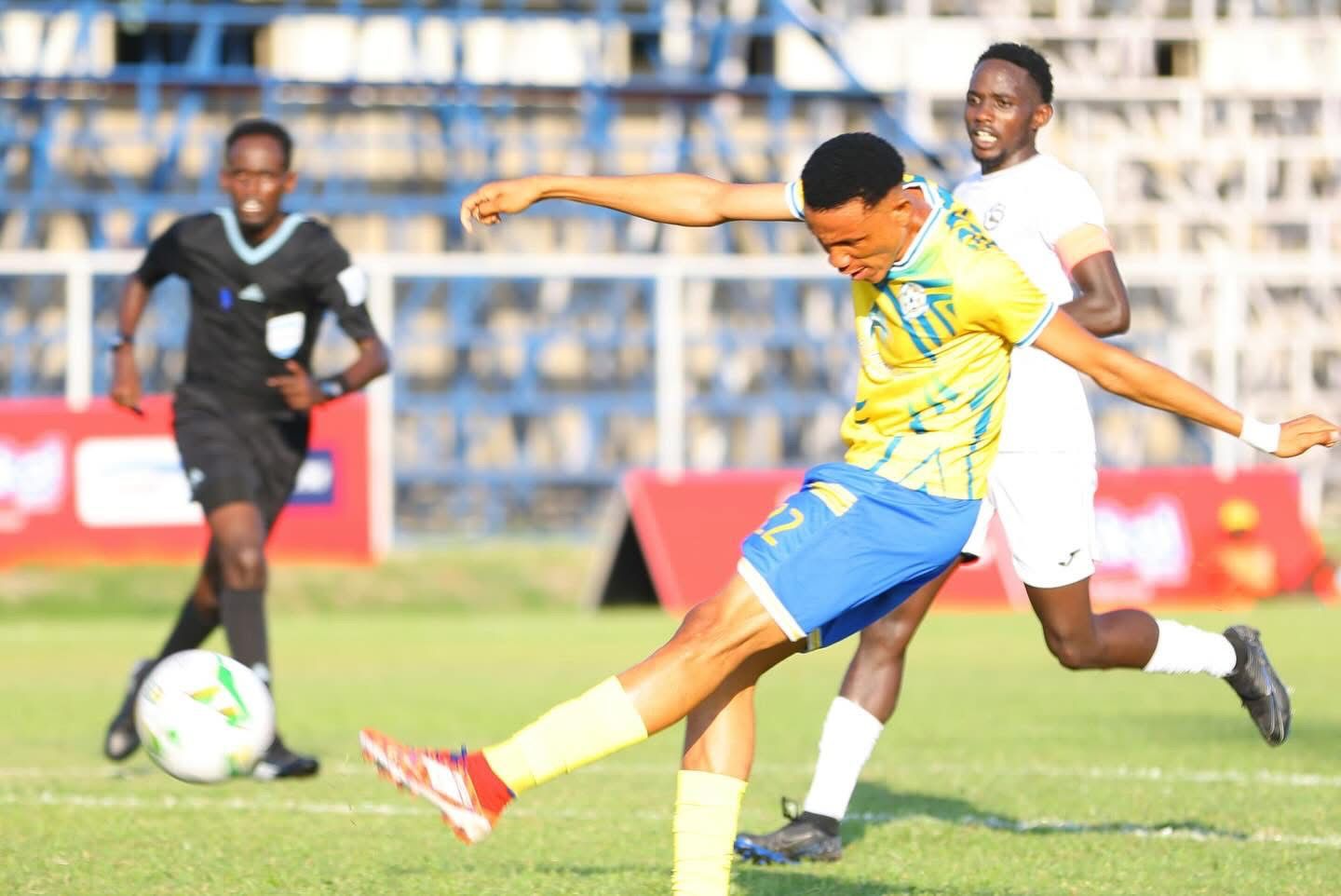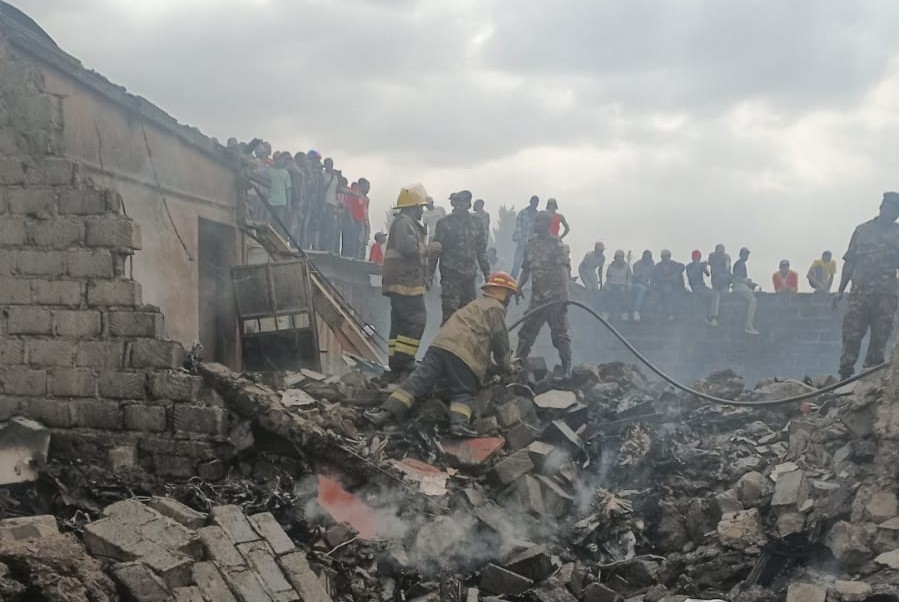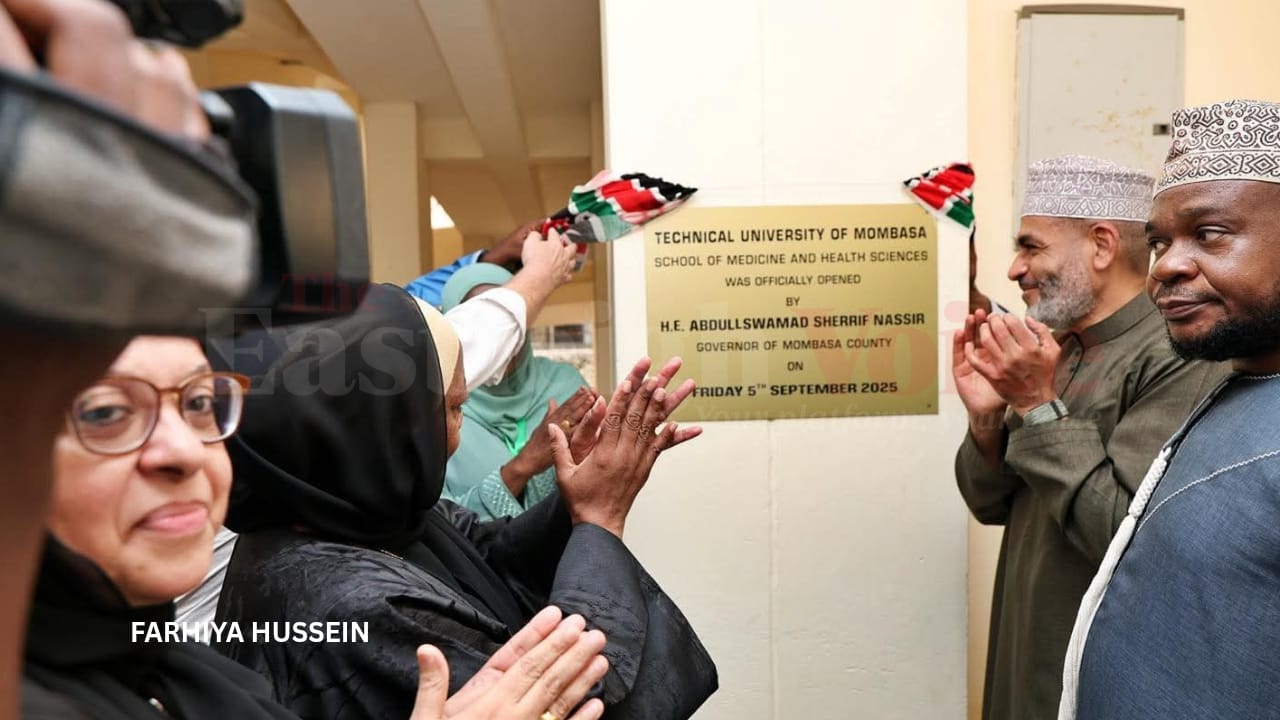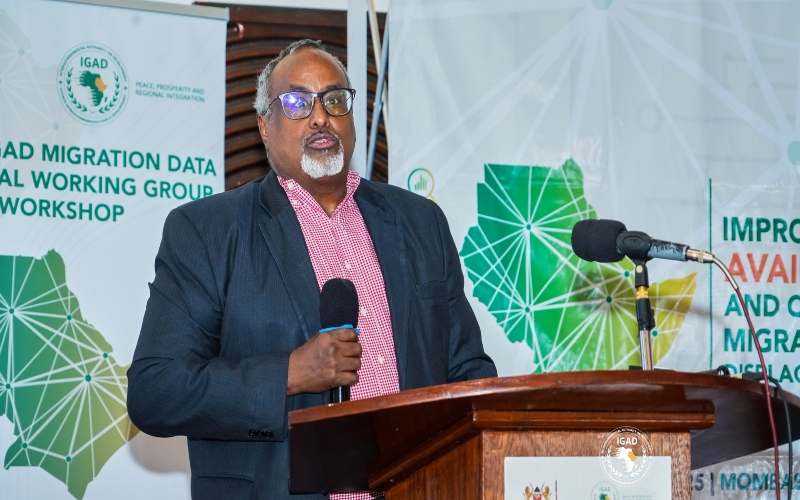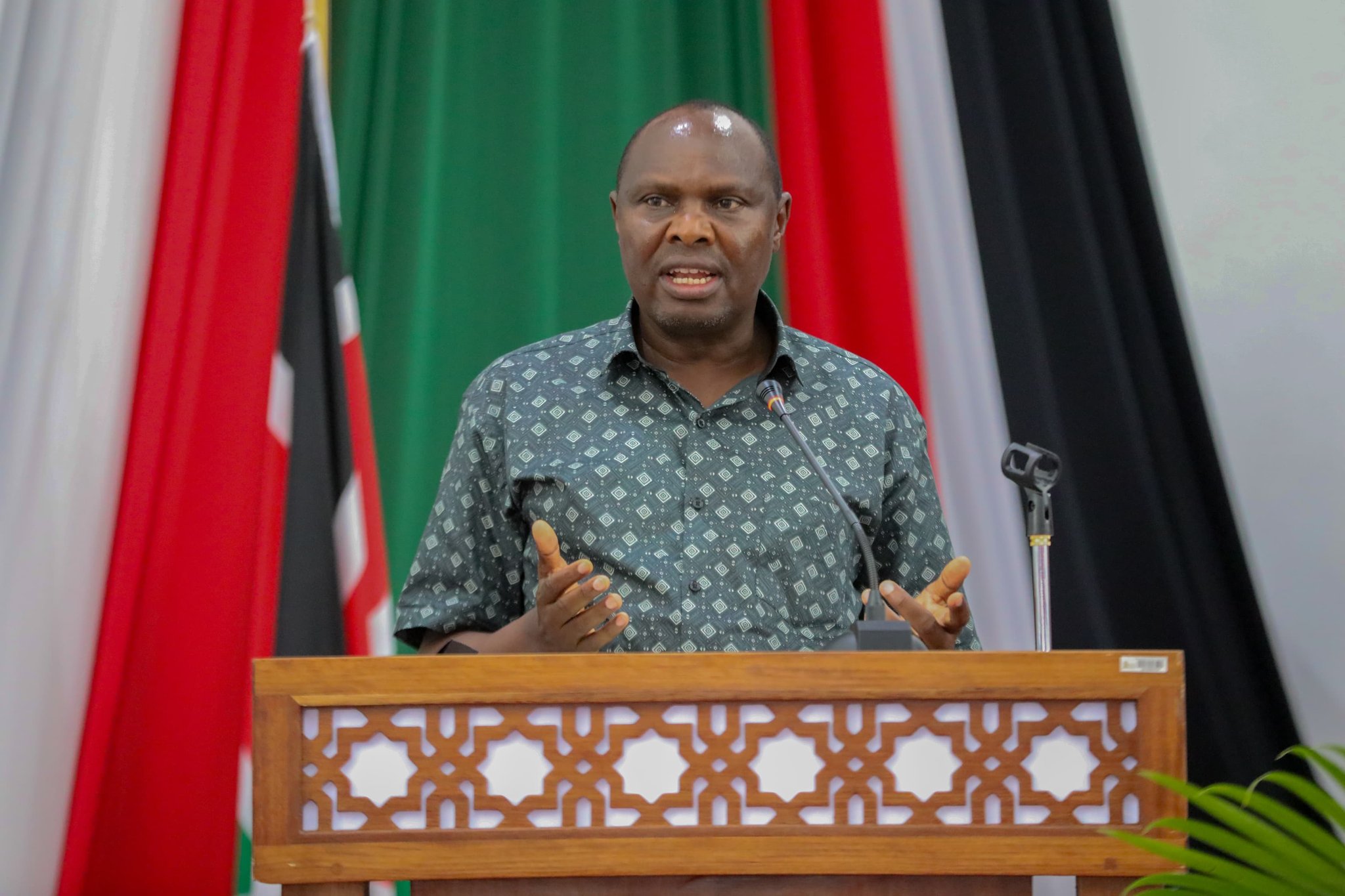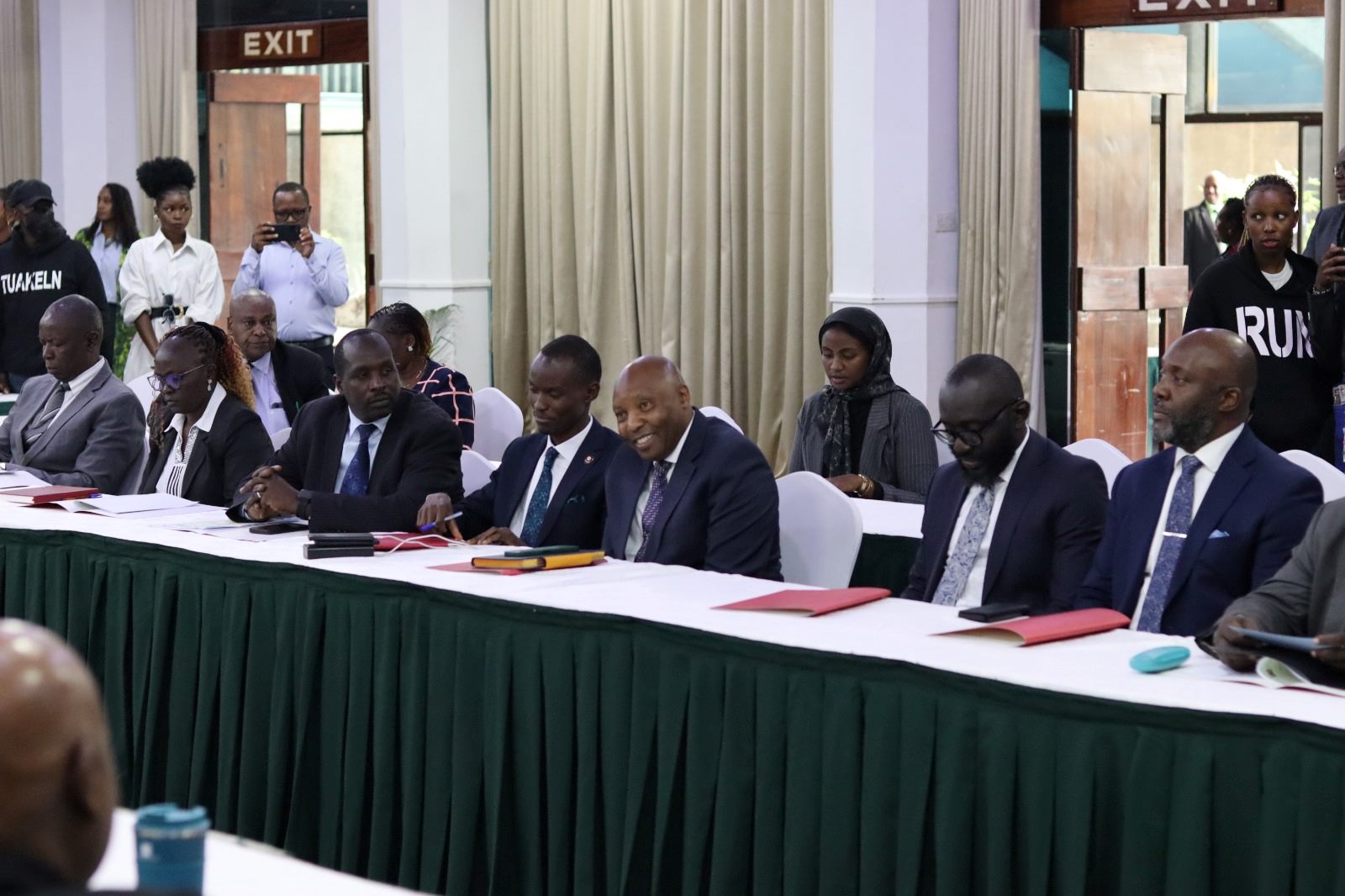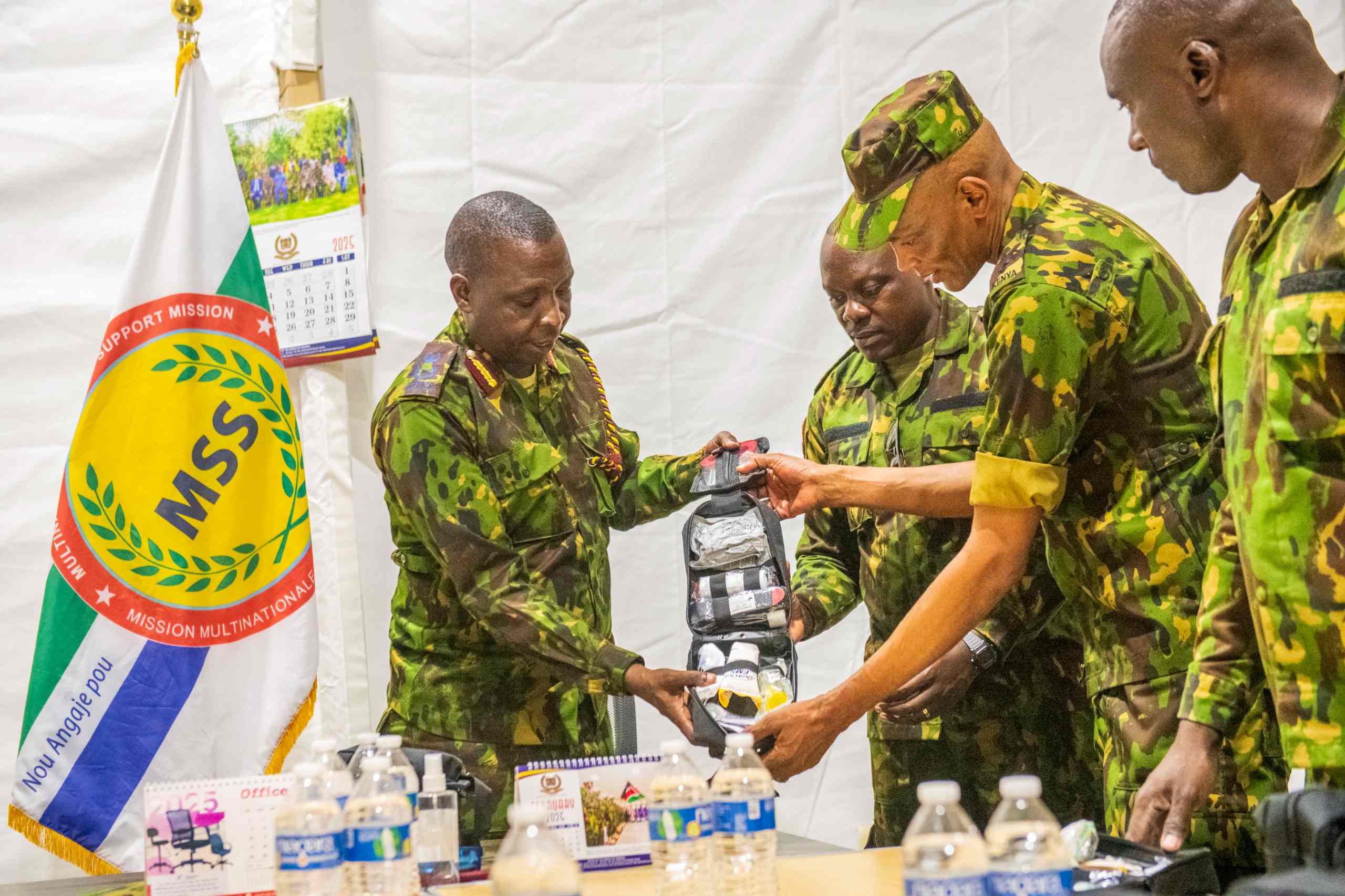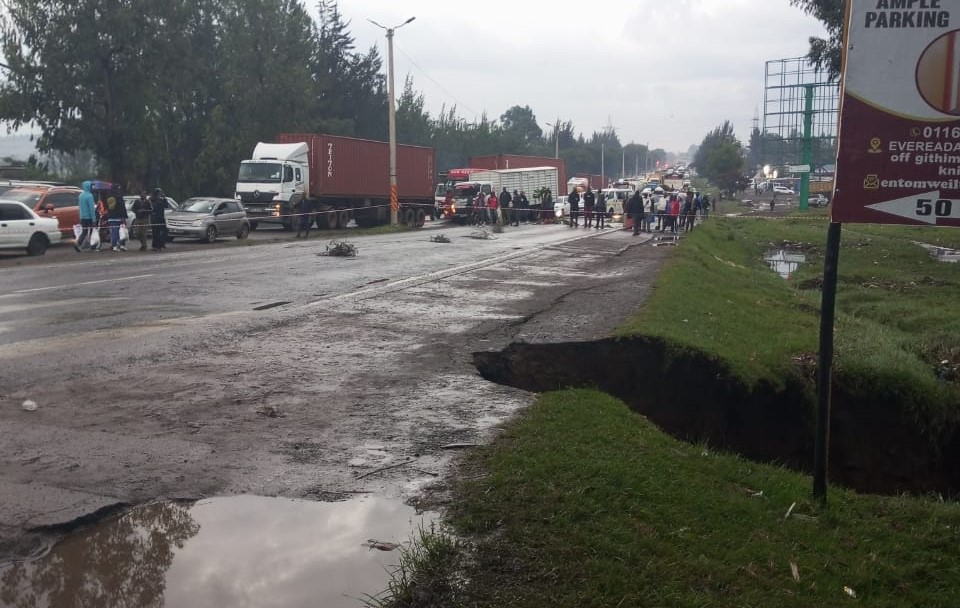Kenya under fire over alleged enforced disappearance of Gen Z digital activist Ndiangui Kinyagia

Rights groups argue that his continued incommunicado detention constitutes an enforced disappearance and a serious violation of the Constitution.
The government is under pressure to explain the whereabouts of Ndiangui Kinyagia, a digital activist and IT expert who has been missing for a week under circumstances allegedly involving state security agencies.
Rights groups argue that his continued incommunicado detention constitutes an enforced disappearance and a serious violation of the Constitution.
More To Read
- 'Muthaiga 3' activists set free after High Court rejects case extension request
- Five Kenyans sue IG Douglas Kanja, top security chiefs over protest violence inaction
- Kenyan activist Mwabili Mwagodi missing, reportedly abducted in Tanzania
- Blogger Ndiang'ui Kinyagia pleads for High Court protection from arrest, cites fear for life
- Fresh twist in Ndiangui Kinyagia's abduction case after LSK files to withdraw representation
- Court hearing on Ndiang’ui Kinyagia adjourned amid affidavit confusion
Kinyagia, 35, known for his online presence under the X account Dacuin Da, was vocal in mobilising digital support for the June 25 Gen Z protests.
He was last heard from on the morning of Saturday, June 21, shortly before his phones went offline. His family and human rights groups now believe he was abducted by individuals allegedly linked to the Directorate of Criminal Investigations (DCI).
“I called to check on him. He replied via WhatsApp, saying he’d be offline for an hour. I asked if everything was alright—he said yes,” his mother, Margaret Rukwaro, told The Standard.
“By 1 pm, however, both his phone and WhatsApp were off. I panicked. I stayed up all night trying to call. As a mother, I knew something was wrong.”
Unmarked Subaru vehicles
Reports indicate that at least 10 unmarked Subaru vehicles, believed to be linked to the DCI, raided Kinyagia’s home later that day. The officers allegedly broke into the house, seized two laptops, two phones, two passports and a yellow fever card, and left behind a handwritten inventory bearing the DCI logo, without producing a search warrant. The residence was later locked from the outside.
Although a formal missing person report was filed at Kinoo and Kikuyu police stations, the family says they have received no official response from the Ministry of Interior, the DCI, or the National Police Service.
The Law Society of Kenya (LSK) has termed the case a classic instance of enforced disappearance. A Habeas corpus application filed by the society is set to be heard on Monday, June 30, before Justice Chacha Mwita at the Milimani Law Courts.
“We reasonably believe the police are involved or know where he is. This disappearance is not only unlawful—it’s dangerous,” Wahome Thuku, the lawyer representing Kinyagia’s family, said.
The hashtag #FreeNdianguiKinyagia has gained traction on social media, with thousands demanding his release and accountability from the state.
Amnesty Kenya also condemned Kinyagia’s disappearance, saying, “If the state believes he has committed a crime, he should be presented before a court and not held incommunicado.”
The Kenya Human Rights Commission (KHRC) has also demanded full accountability for Kinyagia’s disappearance and condemned the arrest of three other activists, John Mulingwa Nzau (Garang), Mark Amiani (Generali), and Francis Mutunge Mwangi (Chebukati), who were seized on the night of June 26.
The KHRC said the three were being held at Muthaiga Police Station on “trumped-up charges” of incitement, theft, and malicious damage to property over their role in the June 25 demonstrations.
“These charges are not only baseless, but they also represent a deliberate distortion of the truth. The three comrades are well-known human rights defenders, regionally recognised for their integration of music and art into movement building,” the rights group said.
Criminal elements
They lamented that the protests were infiltrated by violent groups who unleashed chaos, looted property, and even sexually assaulted peaceful demonstrators. The KHRC said there is growing evidence that such criminal elements were working in tandem with state security agents.
“Police officers were seen escorting and directing these groups, all while unleashing tear gas and force on peaceful citizens. This speaks to a systemic failure—or worse, a deliberate strategy to delegitimise civic protest and criminalise dissent,” they said.
The rights groups warned that enforced disappearances and arbitrary arrests are threatening the country’s democracy.
“This administration cannot continue to invoke the rule of law while actively dismantling it. President Ruto’s repeated calls for constitutionalism ring hollow in the face of such blatant state-sponsored lawlessness. The true anarchy lies not in the streets, but within institutions now being weaponised against the very citizens they are meant to serve,” it added.
KHRC has now demanded the immediate and unconditional release of Garang, Generali, and Chebukati, accountability for the disappearance of Ndiangui Kinyagia, and an independent inquiry into the use of organised violence during peaceful protests, including the role played by the police.
The organisation also called for an end to all forms of intimidation and criminalisation of civic actors and citizens exercising their constitutional rights.
The DCI confirmed the arrest of the three men, saying they were apprehended near Konza City while attempting to flee to Mombasa.
The DCI accused them of using social media to incite violence and coordinate groups that looted and damaged property during the protests.
The suspects are expected to face multiple charges, including malicious damage to property, arson, stealing, incitement to violence, and disobedience of the law.
Top Stories Today
Reader Comments
Trending
